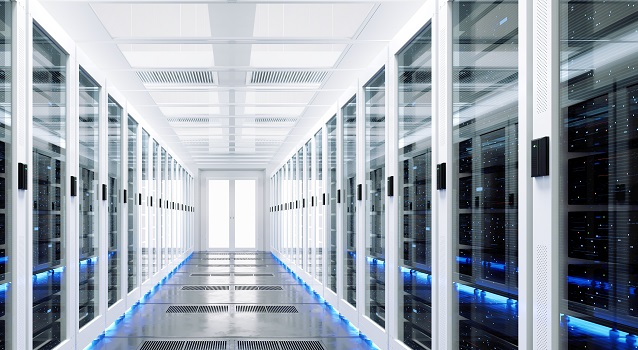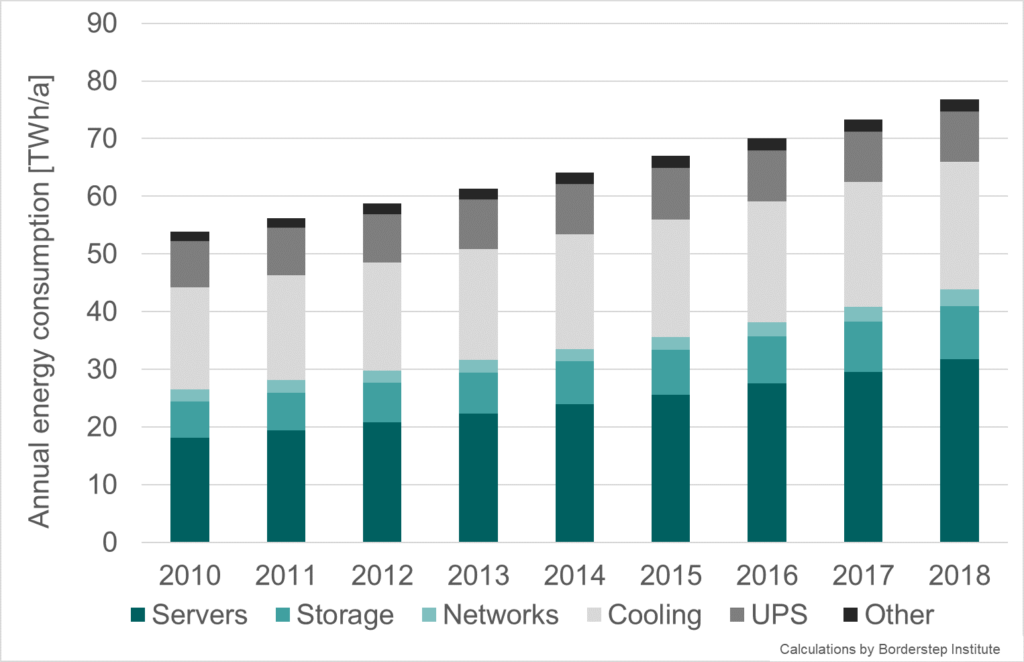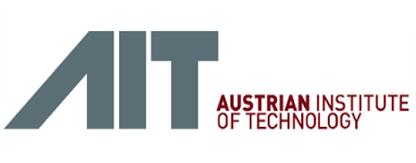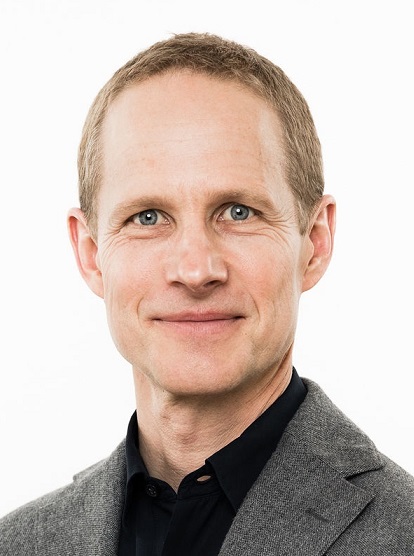Optimising Synergies Between Data Centres And Energy Systems (DCESS)
New study on the optimisation of synergies between data centres and energy systems
The Data Centre and Energy Systems Synergies (DCESS) study aims at learning how data centres can be more effectively integrated into energy networks. It will be an important step in achieving the Green Deal and Digital Decade goals of having highly energy-efficient and climate-neutral data centres by 2030.
Focus on the environmental impact of data centres
From now until June 2024, the study will focus on how local energy systems can use the waste heat and water generated from data centre operations. Borderstep Institute cooperates for the project with VVA Brussels, AIT, Prof. Catherine Banet and RP Legal & Tax, in close collaboration with DG CNECT.
Data centres: backbone of EU’s green and digital transitions
Data centres lie at the heart of the EU’s green and digital transitions. Indeed, following the latest EC Energy Efficiency Directive (EED) revision,
data centres are defined through their purpose for centralised accommodation, interconnection and operation of information technology and network telecommunications equipment, as well as for data storage, processing and transport services.
The energy consumption of data centers is increasing
Regardless, data centres’ energy consumption is increasing due to the pronounced growth from rising digitisation and cloud service demand. In 2018, the Commission reported that data centres’ share of electricity demand in the EU reached 2,7% or 76,8 TWh, which is expected to rise to 3,21% or 98,5 TWh by 2030.
Consequently, total energy consumption has increased since the growth has offset the efficiency gains. This may potentially threaten energy availability for other sectors and put a major strain on local power grids.
As such, the study aims to reconcile the increasing energy consumption of data centres with their importance for European digital transformation with regard to competitiveness, sustainability, social inclusion and technological sovereignty. On one hand, increasing digitisation (with data centres as one of the enablers) can help reduce the carbon footprint. On the other hand, efforts need to be made so that the facilities supporting our digital infrastructure are not consuming more energy than they save.
Recommendations for more sustainable data center operations
Ultimately, the study will provide recommendations and actionable advice to address identified drivers and barriers limiting the synergies between data centres and the energy grid. The recommendations and advice will support more sustainable operationalisation of data centres, which will bring benefits to all.









